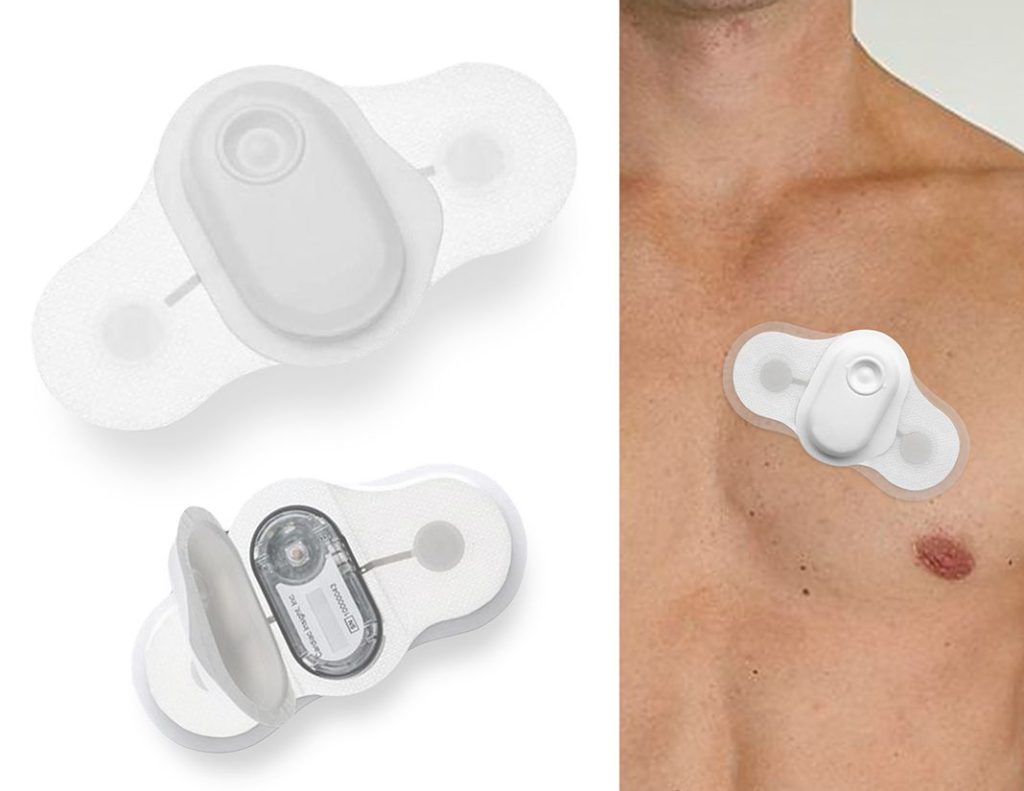In today’s fast-paced world, wearable health devices have emerged as essential tools for individuals seeking to monitor their heart conditions effectively. These innovative gadgets, ranging from smartwatches to fitness trackers, offer real-time insights into heart rate, rhythm, and overall cardiovascular health. By leveraging advanced technology, these devices empower users to take charge of their health, making it easier to detect potential issues before they escalate. As we delve deeper into the benefits of wearable health devices, you’ll discover how they can transform the way you manage your heart health.
Throughout this article, we will explore the various features of wearable health devices that specifically aid in monitoring heart conditions. You’ll learn about the importance of continuous heart rate monitoring, the role of ECG capabilities, and how these devices can alert you to irregularities that may require medical attention. Additionally, we will discuss the integration of these devices with mobile applications, providing users with comprehensive health data at their fingertips. By understanding these functionalities, you can make informed decisions about your health and well-being.
Moreover, we will highlight real-life success stories of individuals who have benefited from using wearable health devices to manage their heart conditions. These testimonials will illustrate the profound impact that technology can have on personal health journeys. So, if you’re curious about how wearable health devices can enhance your heart health monitoring and improve your quality of life, keep reading to uncover valuable insights and tips that could make a difference in your health management strategy.
The Role of Wearable Devices in Early Detection of Heart Issues
Wearable health devices, such as smartwatches and fitness trackers, play a crucial role in the early detection of heart conditions. These devices are equipped with advanced sensors that monitor heart rate, rhythm, and other vital signs continuously. By analyzing this data, users can identify irregularities that may indicate potential heart problems, such as arrhythmias or elevated heart rates.
Early detection is vital for effective treatment and management of heart conditions. For instance, if a wearable device alerts a user to an abnormal heart rate, they can seek medical advice promptly. This proactive approach can lead to timely interventions, reducing the risk of severe complications and improving overall health outcomes.
Continuous Monitoring and Data Collection
One of the significant advantages of wearable health devices is their ability to provide continuous monitoring of heart health. Unlike traditional methods that require periodic check-ups, wearables collect data in real-time, allowing for a comprehensive view of an individual’s heart health over time. This continuous data collection can help identify trends and patterns that may not be evident during sporadic medical visits.
Moreover, the data collected by these devices can be shared with healthcare providers, enabling them to make informed decisions regarding treatment plans. This integration of technology and healthcare not only enhances patient engagement but also fosters a collaborative approach to managing heart conditions.
User-Friendly Interfaces and Accessibility
Wearable health devices are designed with user-friendly interfaces that make them accessible to a broad audience. Many devices offer intuitive apps that allow users to track their heart health easily, set goals, and receive notifications about their heart rate or other vital signs. This accessibility encourages individuals to take an active role in monitoring their health.
Additionally, the affordability of many wearable devices has made them more accessible to the general public. As technology advances, more people can benefit from these tools, leading to a greater awareness of heart health and the importance of regular monitoring.
Integration with Health Apps and Telemedicine
The integration of wearable health devices with health apps and telemedicine platforms has revolutionized the way heart conditions are monitored and managed. Many wearables sync with mobile applications that provide users with insights into their heart health, including trends and personalized recommendations. This data can also be shared with healthcare professionals during virtual consultations, enhancing the quality of care.
Telemedicine allows patients to consult with their doctors remotely, making it easier to discuss heart health concerns without the need for in-person visits. This convenience is particularly beneficial for individuals with chronic heart conditions who require regular monitoring and follow-up care.
Future Trends in Wearable Health Technology
The future of wearable health technology is promising, with ongoing advancements aimed at improving heart health monitoring. Emerging technologies, such as artificial intelligence and machine learning, are being integrated into wearable devices to enhance their predictive capabilities. These innovations can provide users with more accurate assessments of their heart health and potential risks.
Furthermore, as research continues to explore the relationship between lifestyle factors and heart health, wearables may incorporate features that promote healthier habits, such as reminders for physical activity or dietary suggestions. This holistic approach to heart health management can empower users to make informed choices that positively impact their well-being.
| Aspect | Description |
|---|---|
| Definition | Wearable health devices are electronic devices worn on the body that monitor various health metrics, including heart rate, rhythm, and other cardiovascular indicators. |
| Types of Devices | Common types include smartwatches, fitness trackers, and specialized heart monitors that can provide real-time data on heart health. |
| Functionality | These devices use sensors to track heart rate variability, detect arrhythmias, and monitor overall heart health, often syncing data with mobile applications for analysis. |
| Benefits | They enable continuous monitoring, early detection of potential heart issues, and provide users with actionable insights to improve their health. |
| Data Accuracy | While generally reliable, the accuracy of data can vary based on the device and the user’s activity level; it is important to consult healthcare professionals for serious concerns. |
| Integration with Healthcare | Many devices allow users to share their data with healthcare providers, facilitating better management of heart conditions and personalized treatment plans. |
| Future Trends | Advancements in technology are expected to enhance the capabilities of wearable devices, including improved sensors, AI integration for predictive analytics, and better user interfaces. |




